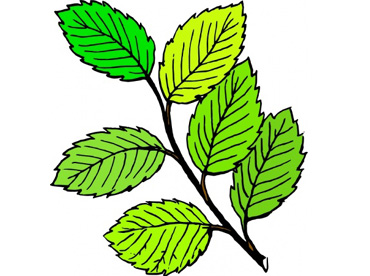Name : Community practice, Bharwad Community
District & State : Ahmedabad, Gujarat
Category : Herbal products
Award : Appreciation
Award Function : 4th National Grassroots Innovation Awards
Award Year : 2007
Innovation Description

Bharwads are a pastoral community generally herding sheep or goats (though quite a few also have cows) and they are known for their rich knowledge on ethno veterinary and traditional health care practices. They are among the most urbanized group of all pastorals and monopolize the niche of milk merchants. They have proved capable of adapting themselves to present changes and at different places have adopted nomadic or semi-nomadic lifestyle. Moreover, there is no fixed pattern among Bharwads regarding this; people adjust to either settling or not settling, in village or in town, migrating or not migrating and the choice of migration routes.Their legends mention that in 961 AD, they came to Banaskantha, in North Gujarat, sheltering from the Muslim invasions of Sindh. Later they came to Chotila in Central Saurashtra from where their various groups spread throughout the peninsula.A very beautiful glimpse of their colourful lifestyle can be had in the Tarnetar Festival, held every September in Tarnetar in the Chotila taluka of Gujarat?s Surendranagar district. Though the festival is organized in the honour of Lord Shiva, it is also a traditional occasion for young Bharwads to seek matrimonial alliances. At the fair, one can find Bharwad youth, splendidly attired in exquisite clothes and jewellery, wandering around to attract young belles. Traditionally, young bachelors are supposed to stand under ornate umbrellas, a sign to Bharwad girls that these boys are available and ready to plan a matrimonial alliance.
Village
Seven kilometers from Viramgam, near Ahmedabad is the village Nilki, where one such hamlet of Bharwad community had more or less settled down some two hundred years ago. Predominantly inhabited by Bharwad community people, the village also has some representation from Thakor community members.Adapting to semi nomadic lifestyle apart from livestock rearing, they started practicing agriculture also. Now they cultivate crops such as Jowar, cotton, bajra and wheat in their fields situated a few kilometers away from the village. Every day early morning some of the community volunteers take the animals for grazing, sometimes as far as ten kilometers, returning only in late afternoon.Nearly five dozen families of the community own and maintain around 500 animals, half of them being buffaloes and the other half being crossbred cattle. The average daily milk yield obtained from these animals is 4 litres, excess over domestic consumption of which is sold to the shopkeepers from nearby Viramgam. Veterinary care available is in the form of a veterinary clinic at Junabhadar, two kilometers from their village.Some of the villagers elders have good knowledge of their traditional practices relating to herbal practices especially veterinary ones. Shri Gelabhai Bharubhai Bharwad, Shri Rameshbhai Dharubhai Bharwad, Shri Popatbhai Dayabhai Bharwad and Smt. Shantiben Dharubhai Bharwad have good knowledge of the practices and have been delegated the authority by the community to represent them. A workshop on Prior Informed Consent (PIC) organized by NIF in the village in April 2006 was instrumental in instilling confidence in the community members about sharing their knowledge. Subsequently they disclosed many traditional practices.In order to get their practices evaluated, the villagers happily volunteered to give their animals for clinical trials. Ganpatbhai Bharwad and Popatbhai Bharwad, who were instrumental in getting the clinical trials done also participated in a regional workshop on ?Value addition to indigenous veterinary practices? held at Talaja, Bhavnagar in December 2006, where they interacted with fellow herbal healers.
http://nif.org.in/innovation/Herbal_-Veterinary-_Practices/384
